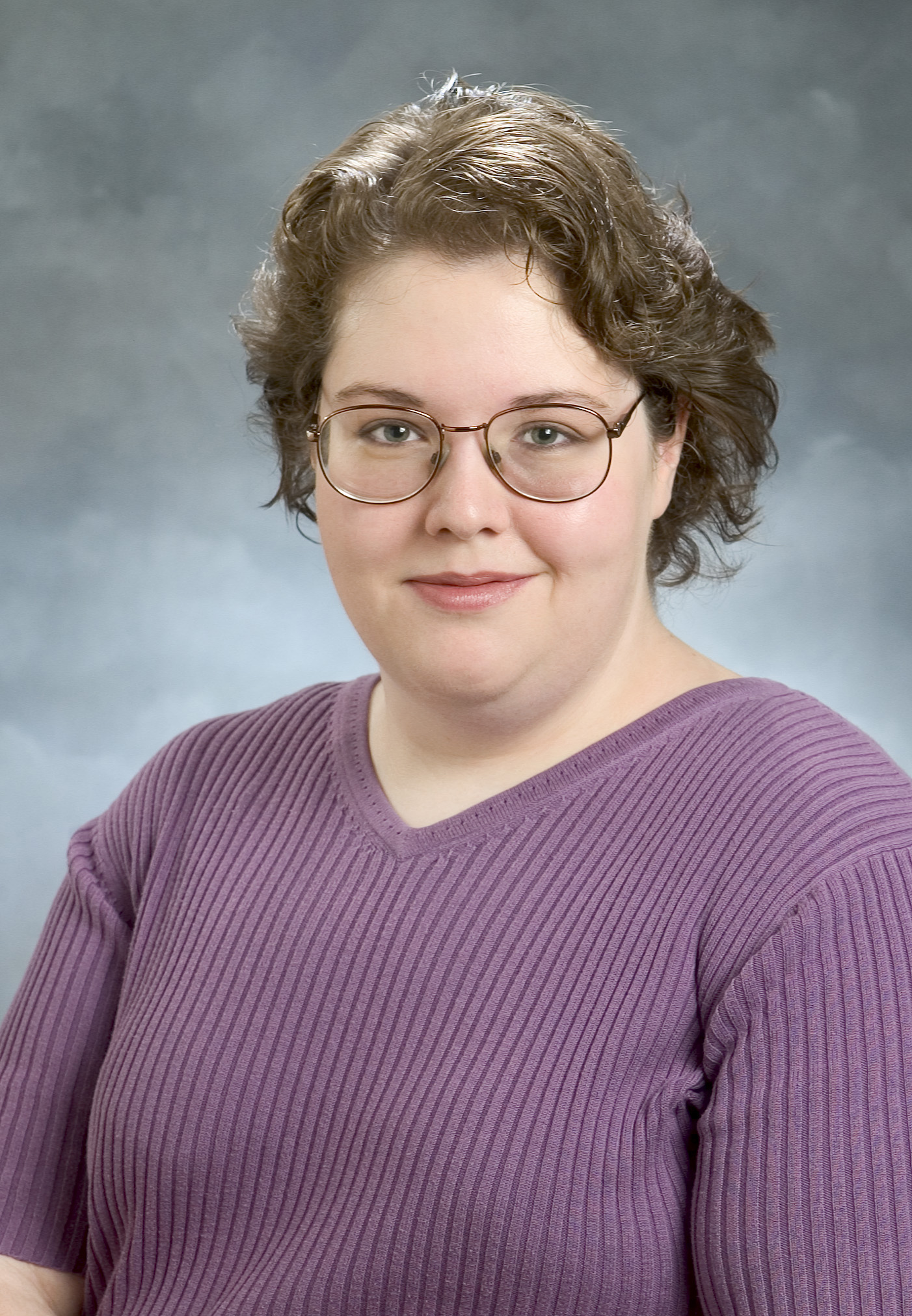Contact: Maridith Geuder

STARKVILLE, Miss.--A Mississippi State doctoral student conducting a sociological investigation of welfare issues is among three nationally--and the first at a Mississippi university--to be honored as a Rural Poverty Research Center Dissertation Fellow.
Deborah A. Harris will use the $20,000 award to support her dissertation research in the ways place and race affect decisions to leave the welfare system. She shares the designation as a 2005-06 RPRC fellow with university doctoral students at Maryland and California-Berkeley.
Established in 2002 and funded by the U.S. Department of Health and Human Services, the center has offices at both the University of Missouri-Columbia and Oregon State University.
"This is the first time a Mississippi doctoral student has earned this highly prestigious award, which provides financial support for intensive studies about the causes and impact of rural poverty," said Domenico Parisi, Harris' doctoral adviser. A research fellow at MSU's Social Science Research Center, he coordinates the study of community and environmental issues.
Harris, a Guin, Ala., resident, is focusing primarily on two Mississippi counties, Lee in the northeastern part of the state and Coahoma in the Mississippi Delta.
"My main objectives are to determine the extent to which 'place' affects decisions both the state and the individual make about welfare," she explained. "I also will explore how race affects the decision to leave welfare through either work or marriage."
In light of recent national reforms, Harris said understanding how those on welfare make the decision to exit the support system could have significant implications in determining effective social policies.
The 1996 Personal Responsibility and Work Opportunities Reconciliation Act imposed lifetime limits on benefits, as well as identifying both work and marriage as strategies to end welfare dependency, Harris said.
"My work will examine state policies, county conditions and the immediate environment to get an understanding of the factors contributing to a decision to leave welfare," she said. "In the two specific counties under study, I expect very different ways of viewing exits from welfare because of different economic and social contexts."
The dissertation fellowship will allow her to conduct a yearlong study in four distinct stages:
--Interviews to identify patterns and themes from each community;
--Examination of variables such as age and number of children and their relationship to ways of leaving welfare;
--Comparison of major patterns and themes from each community to identify unique social and economic conditions shaping welfare exits; and
--Construction of an overall theory of how local context affects whether welfare clients choose to leave the program through employment or marriage.
NEWS EDITORS/DIRECTORS: For more information on her study, telephone Harris at (662)325-4008.